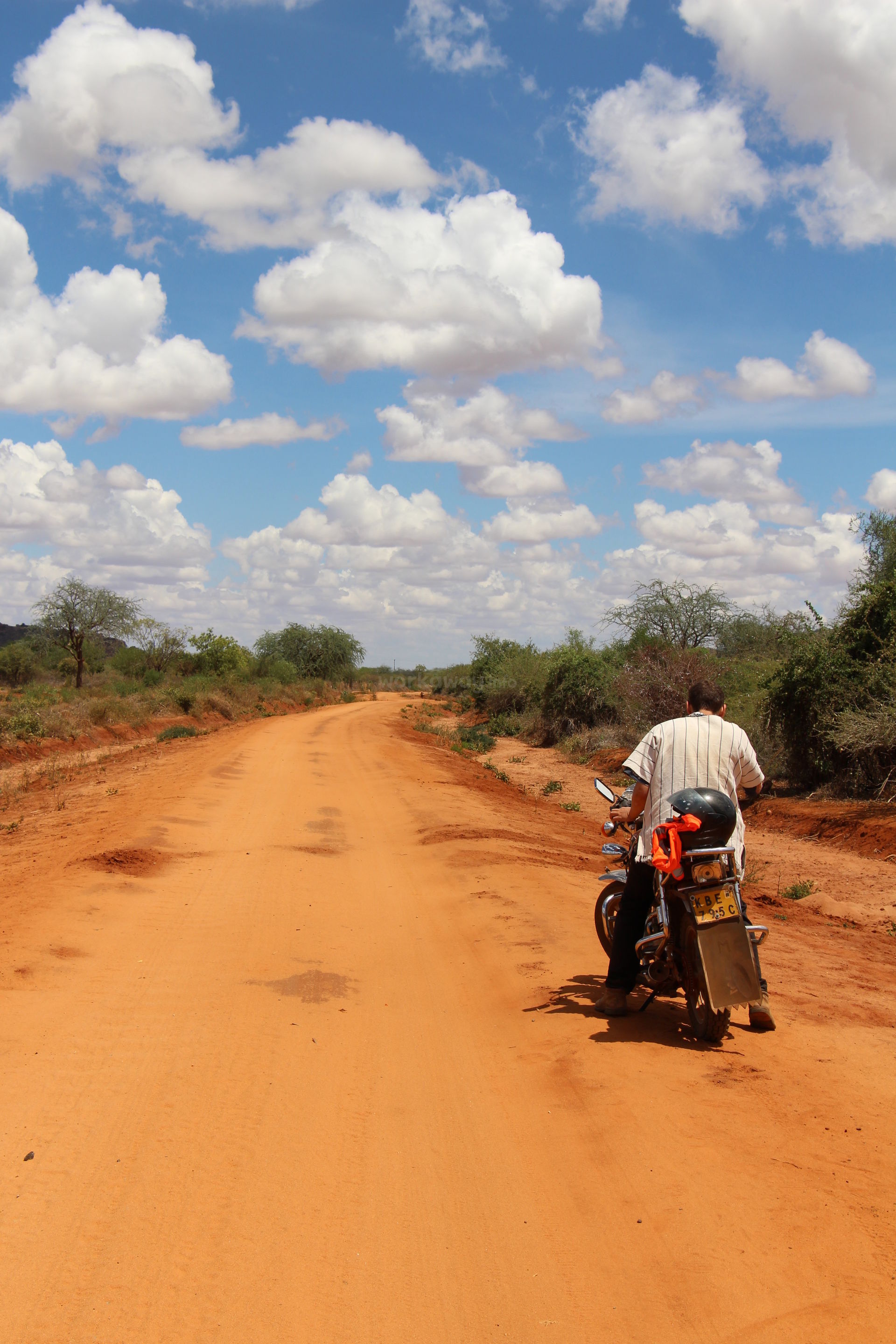They Call Me Obruni- Finding a Sense of Belonging While Travelling
“
 Obruni! Obruni! Ete sen?”
Obruni! Obruni! Ete sen?”
I hear voices from both sides of the road as I walk the long dusty path to the village where I teach English as a volunteer for an educational foundation in Ghana-Accra, West Africa. The voices are friendly and persistent. Some I recognize- the woman selling fried yams from the corner stand where I stop every day on our way home in the afternoon, the young girl with Down’s Syndrome named Hannah who is never in school but always happy to see me.
I’ve been in a town called Teiman in the West African country of
Ghana for a few weeks now. Some of my students know me by name and call me “Madame Maria” or, “Maria Alejandra Mendoza” after a famous Mexican soap opera character they watch every week on crackling televisions. Most often, however, I am greeted not by name but by the term “obruni.”
When I finally ask my host brother what the name “Obruni” means, and why everyone keeps calling it out as I pass by, he laughs.
“It means foreigner,” he explains.
No matter who is calling me, or by what name, I try to look up and smile and wave. I know that while I am taking everything in- the sights, the smells, the way the burgeoning sun blossoms just before it sets below the palm trees, I am also being taken in by the locals. They can’t help but notice the smooth texture of my hair, the way I sweat profusely in the tropical morning heat, or the way my skin reflects sunlight instead of absorbing it, like theirs.

I stand out. Like a sore thumb. Like a neon glow stick against a moonless midnight sky. I have been a foreigner many times. Yet, this is t he first time being a foreigner has been so obvious to me and everyone else, too. Coming from the United States where being caucasian means I am in the majority and can effortlessly blend in, this is a new and important perspective for me. It’s the first time my ability to feel an inherent sense of belonging has been so outwardly challenged. It’s the first time I’ve felt an unshakeable sense of vulnerability and loss of anonymity.
As the months pass, when I walk to school in the morning, fewer people call me “obruni” and more call me by my name. I know a lot of their names too. Yet, I know I will never not be noticed. I will be seen everywhere I go. I will be analyzed, evaluated, and searched by pairs of eyes I will never see. It doesn’t matter how many colorful printed dresses I wear, patterned after the intricate designs Ghana is well-known for. It doesn’t matter how long I stay, or how familiar my face becomes.

Will I ever truly belong? Can I ever truly belong?
Night after night, I am greeted with another phrase each time I enter the doorway of my host family’s home. It’s a phrase that’s repeated often, whether I’m meeting a school administrator, a politician from another village, or attending a wedding ceremony. With generosity and humble hospitality, a warm hand is extended as it clasps mine. “Akwaaba,” I am told. “You are welcome here.”

With immense gratitude in my heart, I begin to realize maybe there is something more important than belonging. Maybe the real gift is being seen as exactly who I am- a foreigner and being accepted and embraced anyway. Maybe true hospitality and the ultimate kindness is the invitation to belong not to a place, but to one another.
For where do we truly belong, if not to each other?

About Mariah
Mariah Friend is a former Workawayer who quit her job to travel the world for fourteen months, embarking on the adventure of a lifetime. Mariah stayed with hosts in France and Ghana, gaining valuable
Share the Workaway idea
5 comments
Join the Workaway community today to unlock unique volunteer experiences and free accommodation with over 50,000 opportunities around the globe.
Join Now





